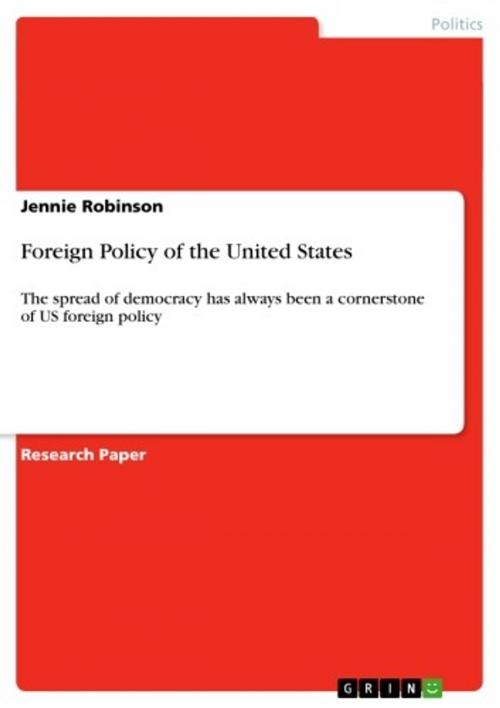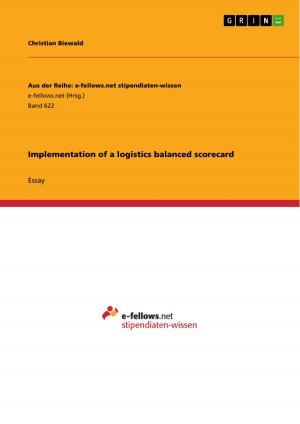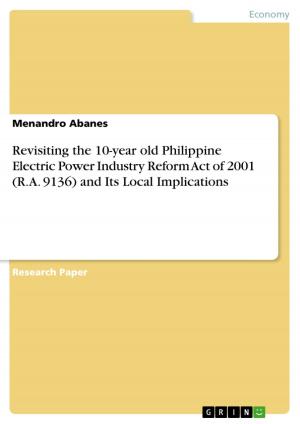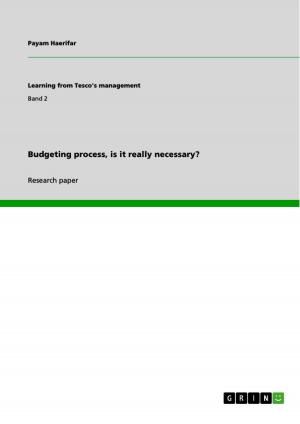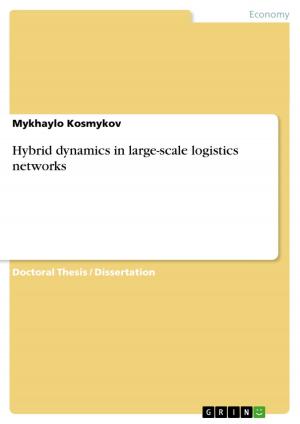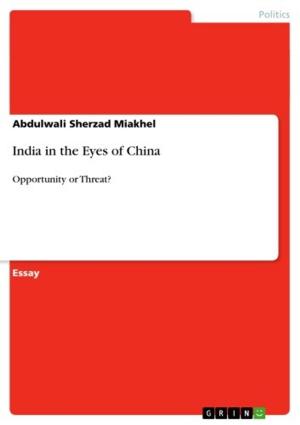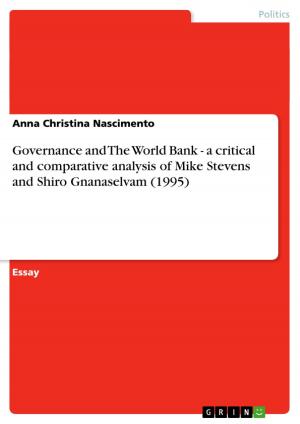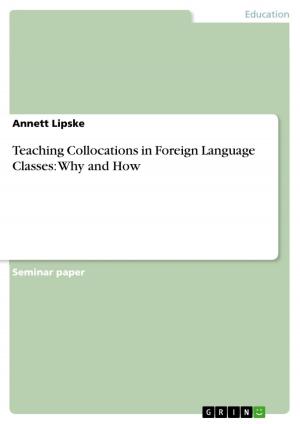Foreign Policy of the United States
The spread of democracy has always been a cornerstone of US foreign policy
Nonfiction, Social & Cultural Studies, Political Science| Author: | Jennie Robinson | ISBN: | 9783640437542 |
| Publisher: | GRIN Publishing | Publication: | October 1, 2009 |
| Imprint: | GRIN Publishing | Language: | English |
| Author: | Jennie Robinson |
| ISBN: | 9783640437542 |
| Publisher: | GRIN Publishing |
| Publication: | October 1, 2009 |
| Imprint: | GRIN Publishing |
| Language: | English |
Research Paper (postgraduate) from the year 2006 in the subject Politics - International Politics - Region: USA, grade: A, University of Malta, language: English, abstract: Since the period of American Revolution, the idea of democracy has become rooted in American culture and traditions. Democracy was and is still considered as a successful means for order, peace and prosperity in a country but also internationally among democratic nations. Prosperity is for instance found in the establishment of free trade, as it suggests that democratic countries would rather seek the benefits of trading with each other rather than waging a war and face its costs. Regarding US foreign policy, democracy has evolved as being a foreign policy objective, which implies contradicting types of interventions, i.e. the need to spread democracy and even wage war for it as opposed to the toppling of democratically elected government which are not keen to contribute to US interests. Democracy has thus raised criticisms and praises, with those seeing it as part of the US rhetoric to respond to corporations interests or that the US has been ineffective in spreading it, and those who see it as part of a US liberal strategy for international order. The export of democracy hence became a controversial question since it has been argued that democracy need to grow locally and thus a mission to spread it is part of an unrealistic policy. In the context of these different issues, this assignment will address the question as to whether 'the spread of democracy has always been a cornerstone of US foreign policy.'
Research Paper (postgraduate) from the year 2006 in the subject Politics - International Politics - Region: USA, grade: A, University of Malta, language: English, abstract: Since the period of American Revolution, the idea of democracy has become rooted in American culture and traditions. Democracy was and is still considered as a successful means for order, peace and prosperity in a country but also internationally among democratic nations. Prosperity is for instance found in the establishment of free trade, as it suggests that democratic countries would rather seek the benefits of trading with each other rather than waging a war and face its costs. Regarding US foreign policy, democracy has evolved as being a foreign policy objective, which implies contradicting types of interventions, i.e. the need to spread democracy and even wage war for it as opposed to the toppling of democratically elected government which are not keen to contribute to US interests. Democracy has thus raised criticisms and praises, with those seeing it as part of the US rhetoric to respond to corporations interests or that the US has been ineffective in spreading it, and those who see it as part of a US liberal strategy for international order. The export of democracy hence became a controversial question since it has been argued that democracy need to grow locally and thus a mission to spread it is part of an unrealistic policy. In the context of these different issues, this assignment will address the question as to whether 'the spread of democracy has always been a cornerstone of US foreign policy.'
